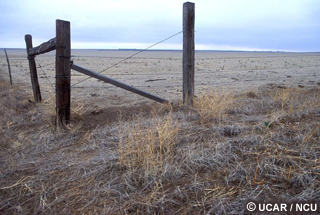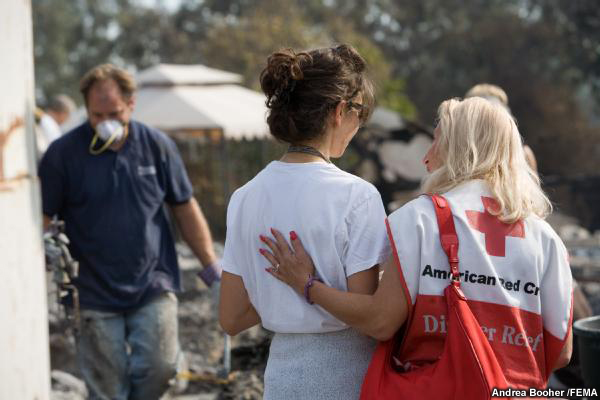Extreme Weather

Extreme weather events cover the spectrum from long-term droughts to short-lived tornadoes. When talking about the effect of climate change on different kinds of extremes, scientists have more confidence for some than others. But we do know that increasing greenhouse gas emissions are affecting temperature and precipitation patterns, which are the main drivers of weather events. So it makes sense that these changes can also alter the odds of an extreme event happening.
What Do You Think?
Question
How do you think hurricanes are likely to be affected by global warming in the future?
The correct answer is c).
Answer: This actually is a subject of considerable scientific debate. Scientists are not sure whether the frequency of hurricanes will change, but they think that those that do form will likely be more intense with stronger wind speeds and heavier rain (answer c).
Studies suggest that for every 1.8°F (1°C) increase in tropical sea surface temperatures, core rainfall will increase by 6-18%, and surface wind speeds of the strongest hurricanes will increase 1-8%. Storm surge levels are also likely to increase. However, some studies suggest that vertical wind shear increases may reduce hurricane activity, at least in some areas.
We don't have enough data on tornadoes to determine whether their frequency or severity is changing. And global climate models can't currently simulate features as small as these storms.
While winters will be warmer overall, when storms do occur, they will likely produce more snowfall, stronger winds, and higher waves, although these effects may vary with location.

Of course, extreme weather events can have some positive effects. The warm winter of 2011-2012 in the U.S. resulted in lower heating bills, and many communities also saved by not needing snow removal services.

Often, it is an individual's or community's vulnerability to the adverse effects of extremes that largely determines whether a particular event is a disaster or not.